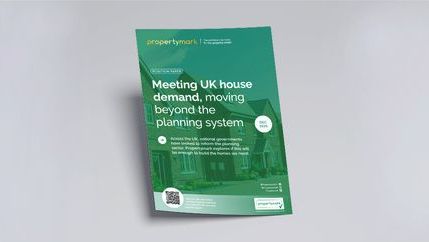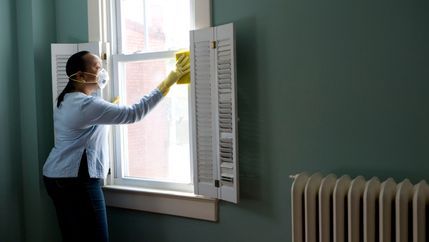
Throughout COVID-19 our members have worked hard to sustain tenancies and keep people in their homes, and the crisis has highlighted more than ever the importance of a safe, secure home that meets the needs of a household. The next mandate is an opportunity for issues relating to supply and standards to be addressed.
Progress has been made by the incumbent Executive on several housing issues, most notably the passing of the Private Tenancies Bill and the forthcoming Housing Supply Strategy, but there is still much more to be done to regulate the sector and improve property standards.
Four areas in Propertymark’s manifesto have highlighted ways in which the next Executive can continue the groundwork to ensure that everyone has access to good quality and affordable home.
Increasing investment and delivering more housing
The long-term solution to address issues of housing stress, choice and affordability is to ensure a sustained supply of housing that meets needs across all tenures. The next Executive must deliver the quota of housing promised in the Housing Supply Strategy and introduce incentives to stimulate investment in the private rented sector. Homeownership must be prioritised, as must work to put the empty and derelict property back into usable housing stock and rent control policies within the private rented sector must be avoided.
Elevating housing quality and standards
Northern Ireland has the most modern housing stock in the UK, but residential buildings accounted for 13 per cent of emissions in 2016, while the average cost of elevating private rented property to a Band C rating has been calculated at £6,000 per property. Long-term funding must be available for homeowners and private landlords to implement necessary energy efficiency improvements and an exemptions register is needed for any property that is unable to meet regulatory standards.
Improving regulation and professionalisation
The Private Tenancies Bill is a step in the right direction but a missed opportunity to fully regulate and professionalise the property sector. The next Executive must ensure that regulation governing property agents is introduced to raise professional standards, including the introduction of mandatory qualifications, fit and proper person tests and continuous professional development (CPD). Client Money Protection (CMP) and Public Indemnity (PI) insurance must be a mandatory requirement for all property professionals carrying out letting agency work, and a dedicated housing tribunal must be introduced to give confidence to both landlords and tenants.
Supporting private sector landlords and tenants
Agents, landlords and tenants must be supported through the conversion to the new Private Tenancies regime and guidance on landlords’ obligations must be available and regularly updated to ensure compliance. Alongside a written tenancy agreement, simplified guidance on private tenancies must be available so that both landlords and tenants understand their rights and responsibilities.
National housing survey
Finally, an annual national housing survey must be established to gather data to allow the formulation and delivery of smart housing policies.




